
The AIgorythm project

Playwright and actor
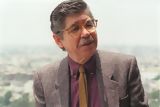
Novelist

Writer and poet

Volleyball player

Italian-Peruvian naturalist and geographer

Singer and percussionist

Last Inca emperor

Politician, former prime Minister

Journalist and TV host
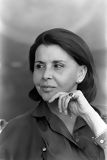
Poet

Inca warrior
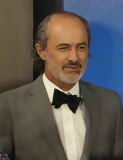
Actor and comedian

Biophysicist

Poet

Doctor and researcher
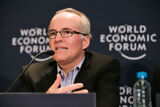
Businessman, Interbank group

Journalist and writer
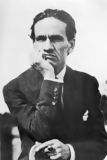
Poet and writer

Singer and songwriter
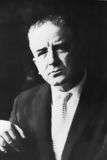
Writer

Film director, Berlin Golden Bear winner

Football player
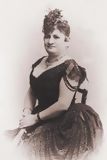
Writer and journalist
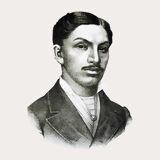
Doctor and scientist

Photograph

Chess player

Industrialist
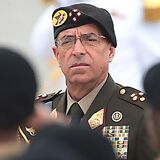
Former general

Specialist in public health

Actress and singer

Afro-Peruvian music singer

Mathematician and engineer

Indigenous chronicler

Neurologist and anthropologist

Painter

Football player
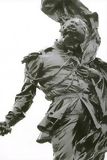
National hero, military leader

Intellectual and reformer

Chef and entrepreneur

Fashion designer

Singer-songwriter

TV presenter

Marathon runner

Indigenous Peruvian chronicler

Theologian

Former national team captain

Economist and former health minister

Inca princess

Writer and television host

Folk musician

Poet and guerrilla
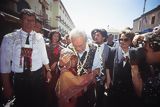
Former UN secretary-general

Chef, known for fusion cuisine

Football player

Peruvian aviation pioneer

Poet and artist
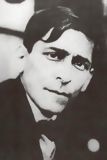
Marxist philosopher and writer

Industrialist and businessman
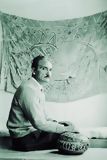
Novelist and ethnologist

Painter and muralist

Opera tenor

Fashion designer

Cardinal of Lima

Peruvian tennis player

Football coach

Leader of the indigenous rebellion
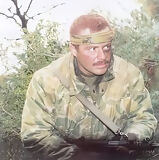
Military hero

Latin singer
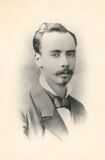
War of the Pacific hero

The youngest mother in history

Politician
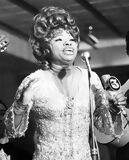
Creole music singer

Tennis player
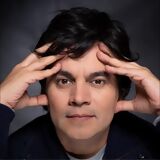
Musician

Writer and politician

Politician and founder of the Christian Democratic Party

Founder of Sodalitium Christianae Vitae

Archaeologist and anthropologist
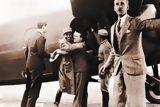
Military leader and politician

Television host
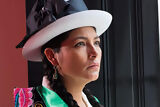
Actress and singer
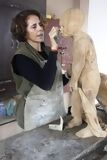
Contemporary sculptor
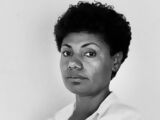
Women’s rights activist

Beauty queen

Astrophysicist

Heroine of independence
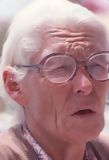
Mathematician and archaeologist

Historian and anthropologist
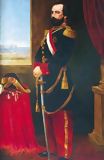
Military figure and historical figure
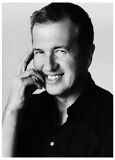
Fashion photographer
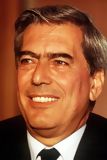
Writer, Nobel Prize in Literature, Politician

Revolutionary leader
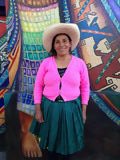
Environmental activist

Leader of the indigenous rebellion

Musician from Gaia band
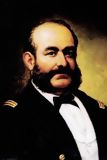
War hero
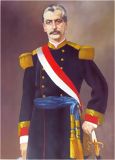
Military leader and politician

Chef, known for Nikkei cuisine

Volleyball coach and former player

Environmental activist

Television personality

Writer
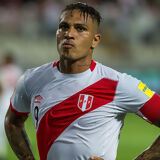
Football player

Epidemiologist and former health Minister

Inventor and aerospace pioneer

Soldier and inventor
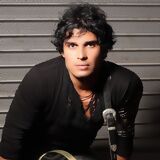
Rock singer

Chef and co-owner of Central restaurant

Painter

Football player

TV presenter and actress
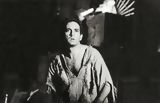
Actor
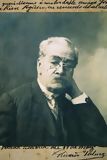
Writer and historian

Journalist and lawyer

Archaeologist, founder of Caral site
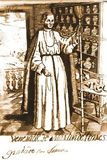
Monk and Saint
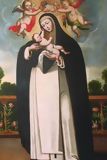
Saint, patron of Latin America

Physicist and engineer

World champion surfer

Actress

Oncologist
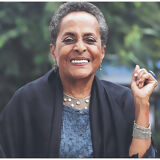
Singer, Latin Grammy winner

Former mayor of Lima

Singer

Actress

Former football player

Painter
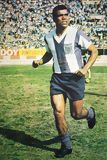
Former football player

Painter

Inca leader

Archbishop, saint
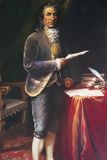
Leader of the indigenous rebellion

Revolutionary indigenous leader

Diplomat and intellectual

Sculptor and painter
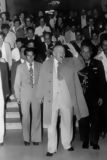
Political leader, founder of APRA

Lawyer and Former prime minister

Chef of Central restaurant
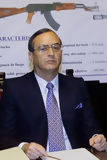
Former head of secret services

Popular singer

Fashion designer

Exotic music singer
Edwin Donayre Gotzch, born on January 8, 1952, in Ayacucho, is a prominent figure in Peru's military and political landscape. A major general in the Peruvian army and a politician, he served as Commander-in-Chief of the Peruvian Armed Forces from 2006 to 2009. He is primarily known for his leadership of the Peruvian army and his political career, which has been marked by controversies.
Edwin Donayre comes from a family with a long military tradition. After completing his secondary education, he joined the Peruvian Military School "Chorrillos" in 1971. He quickly stood out among his peers due to his dedication and tactical skills. Donayre steadily rose through the ranks in the army, participating in key military missions across Peru, particularly in the fight against terrorism in regions affected by the Shining Path.
In the 1990s, Donayre played a crucial role in military operations aimed at eradicating the Maoist guerrilla group Shining Path, which had terrorized Peru's rural areas. His leadership in the field earned him the respect of his superiors and soldiers alike, who saw him as a commander dedicated to national stability.
In 2006, Donayre was appointed Commander-in-Chief of the Peruvian Armed Forces, a position he held until 2009. During this time, he focused on modernizing the Peruvian army and implementing reforms to strengthen discipline and efficiency within the armed forces. However, his tenure was also marked by political tensions and controversies.
In 2008, Donayre became a controversial figure when a video surfaced in which he made offensive remarks about Chile, a neighboring country with which Peru has a complicated relationship due to historical territorial disputes. In the video, Donayre joked that "any Chilean entering Peru would not leave alive."
These statements caused a diplomatic uproar between Chile and Peru. Although Donayre attempted to downplay the severity of his remarks, claiming they were made in a private and informal context, his comments had significant repercussions. Chilean authorities expressed their displeasure, and diplomatic relations between the two nations were temporarily strained.
Under pressure, the Peruvian government eventually announced the end of Donayre's term as Commander-in-Chief, although he officially stepped down in 2009. This incident left a lasting mark on his military career and significantly influenced how he was perceived by the public.
After his military career, Edwin Donayre decided to enter politics. In 2011, he joined the Alliance for Progress (APP) party, led by Peruvian politician César Acuña, and was elected to the Peruvian Congress for the 2011-2016 term. As a congressman, Donayre advocated for greater national security, the modernization of the armed forces, and increased support for veterans.
However, his political career was marred by several controversies, including corruption allegations. In 2019, he was found guilty of embezzling public funds in a case dating back to 2006, when he was a military leader. Accused of orchestrating the theft of fuel intended for the army, Donayre was sentenced to prison. This conviction ended his political career, tarnishing his reputation as both a military leader and a politician.
Throughout his career, Edwin Donayre has been a polarizing public figure. On the one hand, he is seen by many as a patriot who defended Peru’s sovereignty against internal and external threats, particularly against terrorist groups like the Shining Path. On the other hand, his controversial remarks and corruption scandals tarnished his career and divided public opinion.
Despite this, Donayre remains an influential figure in Peru’s recent history, and his tenure in the army and government continues to be a subject of debate among analysts and citizens alike.
Edwin Donayre is an example of a Peruvian military leader and politician whose career was marked by both successes and controversies. His dedication to the army and his rise to the top of Peru's armed forces were overshadowed by his diplomatic missteps and legal troubles. Today, Donayre remains a symbol of the complexities surrounding the relationship between the military, politics, and justice in Peru, reflecting the challenges the nation faces in dealing with corruption, transparency, and public accountability.